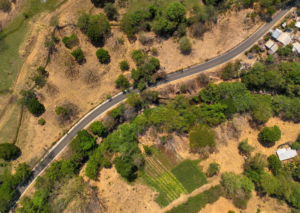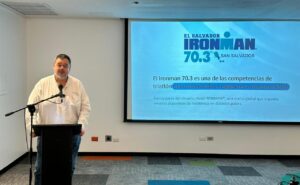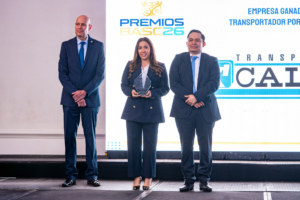
In a recent press conference, President Nayib Bukele surprised this tuesday by announcing an economic measure that will benefit 95% of the salvadoran population, since the government will assume the total payment of the water and electricity bills for the month of january. This subsidy will cover up to US$80 in electric energy and US$30 in potable water, according to the President.

This new economic relief measure will have a positive impact on 1,800,000 households during the month of january. “This will benefit 95% of the population. There will be cases that are on the edge, such as those who spend US$79 on electricity and US$31 on water. It is a measure to alleviate the family economy after the year-end expenses”, Bukele explained. The support even includes the additional charges, and those who have already paid their bills will see the reimbursement reflected in February, as long as they comply with the established limits.
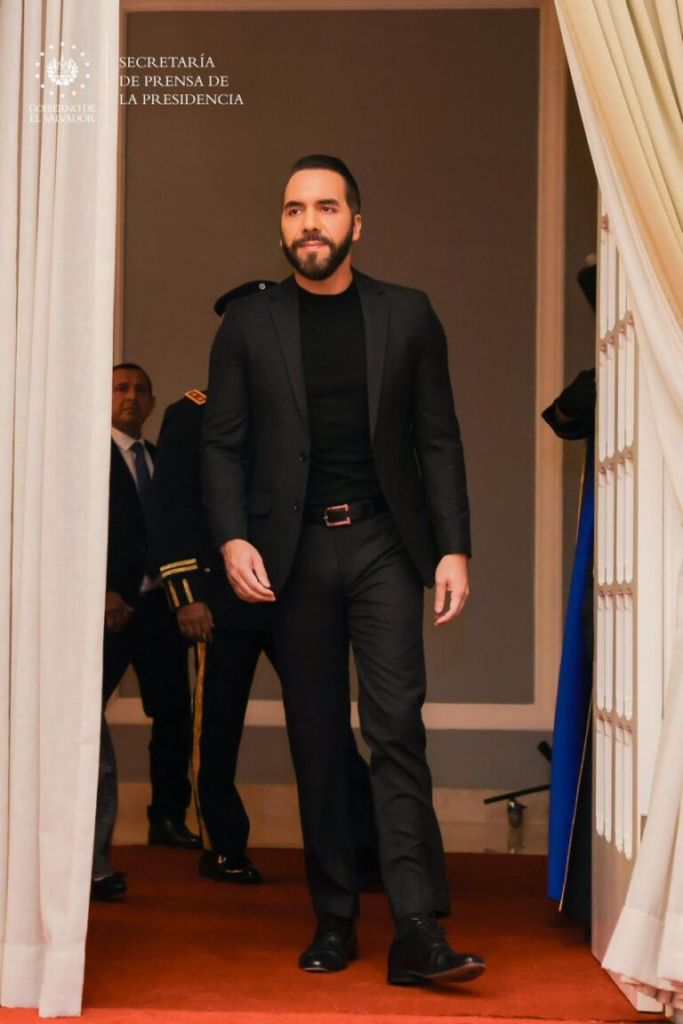
COURTESY
The benefit, aimed exclusively at households, excludes businesses, industries and government entities. This initiative is part of the “Plan to Recover the Economy in El Salvador”, presented in july 2024, whose first phase has already eliminated tariffs on food and agricultural products. The second phase will focus on technological development. With this effort, the government seeks to mitigate the economic burden of salvadorans and strengthen the national economic recovery in a context of global challenges.

Bukele highlights the investment of technology companies in the country
In addition, Nayib Bukele highlighted the positive impact of technological investment in the country, underlining that companies such as Tether, whose market value is equivalent to four times the Salvadoran GDP, have decided to move their main operations to the national territory. According to the President, this is not limited to opening offices, but to establishing headquarters, a fact that reinforces El Salvador’s profile as a potential global technology center.
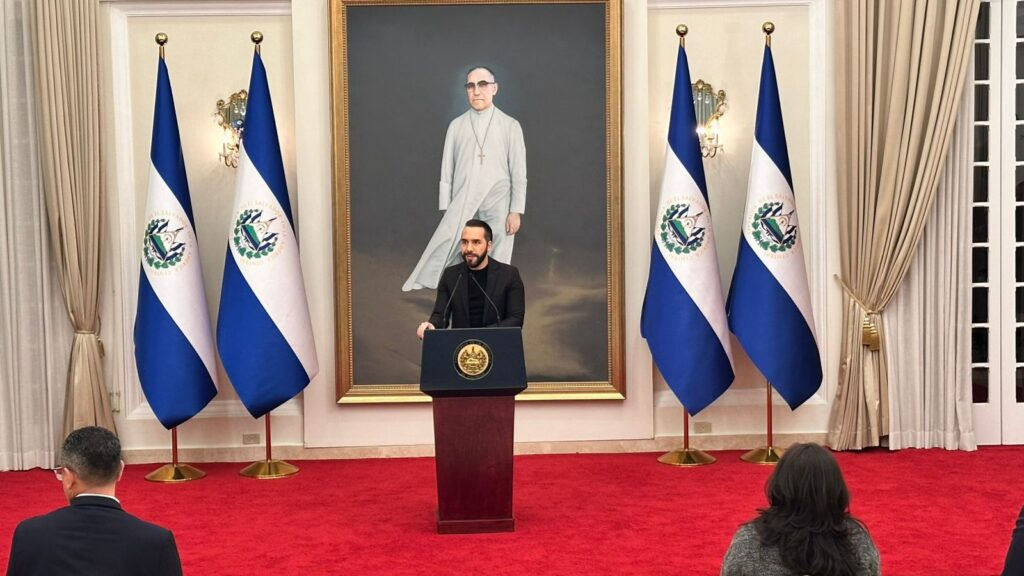
The President acknowledged that although El Salvador has a favorable environment for investment, it still needs improvements in key areas such as training young people in technology careers and strengthening the digital infrastructure. He explained that many technology companies are looking for countries with a large number of qualified professionals in areas such as programming, artificial intelligence and hardware development, which poses a challenge for the country’s education system. However, with initiatives such as the Aircity project, focused on chip manufacturing, and the support of the government, El Salvador seeks to position itself as a reference in the global technological field.
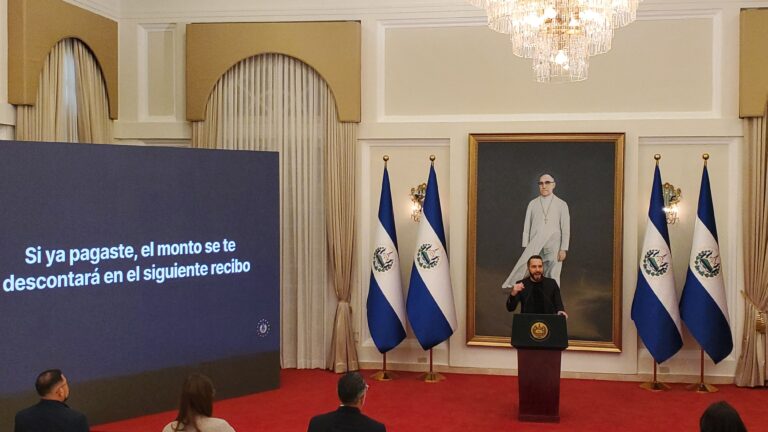
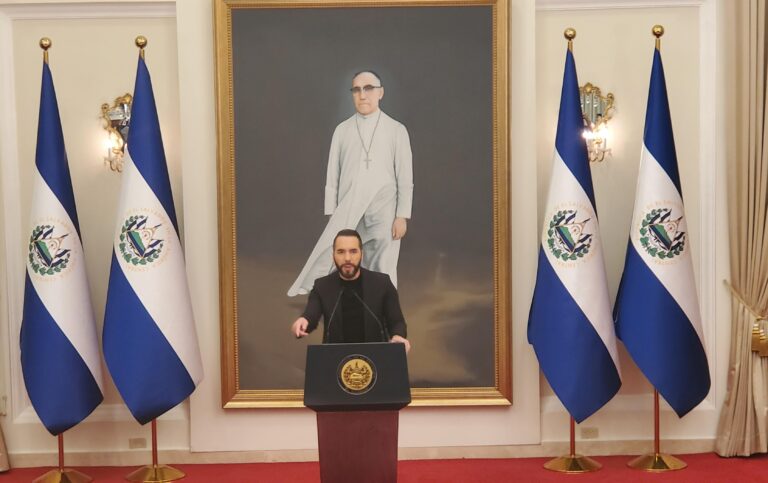

In other issues, the President defended the recent approval of metallic mining in the country in the face of criticism from various sectors. Bukele questioned why El Salvador should not implement a practice that, according to him, is done all over the world. “I don’t find a reason why we should not do what 100% of the world does”, said the president during the press conference. Bukele used as an example Israel, a country with a population density and water stress similar to those of El Salvador, but which has an active mining legislation. According to the President, this demonstrates that mining can coexist with sustainable policies if properly regulated. He also insisted that economic development must go hand in hand with responsible environmental management.



